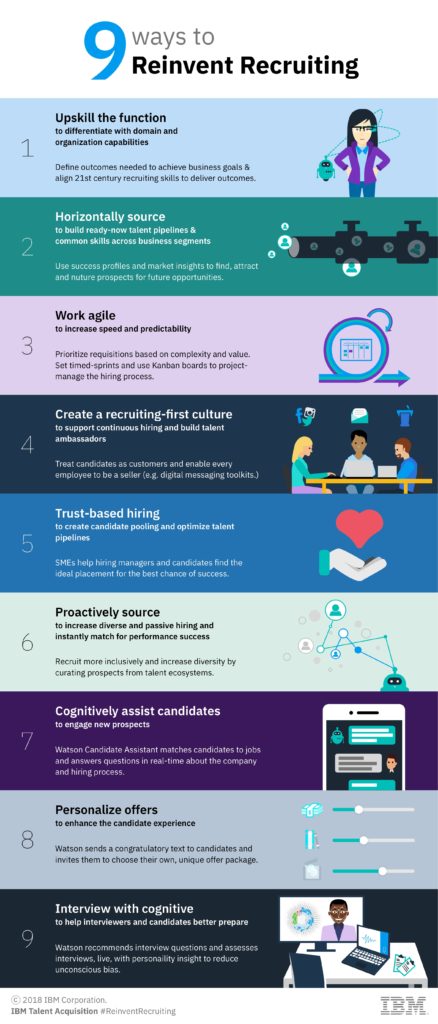I was flying recently and the dude right across the aisle from me started snoring. Snoring like he had a problem and there’s no way his wife still loves him kind of snoring. Snoring so loud I wanted to punch him right in the face.
I get it. Snoring is a medical condition he couldn’t help. Poor dude was tired and sitting in a hot plane and nature took over.
Snoring on a plane though speaks to me as a recruiter.
If you know you snore, you make sure you don’t snore in public. Drink 26 cups of coffee before you get on the plane, go see a doctor for some kind of surgery, take up a cocaine habit, I don’t know but do something!
It shows lack of self-insight.
The best case scenario is he wakes up, without me punching him in the face, and he looks at me and apologizes because he knows his own snoring woke him up. Or he wakes up and I tell him, dude, you’ve got a problem! Don’t ever fall in asleep on a plane!
He then looks at me, and says, I had no idea! Oh, my god, I’m so embarrassed and sorry! I will make sure to never fall asleep on a plane again without first putting on a breath-right strip!
But, he didn’t. He woke up an hour later with about 12 people hating him, and he had no idea, or he did and didn’t care. Which gets me back to recruiting.
Snoring on a plane demonstrates lack of self-insight. It might be the single most important thing you can have as a candidate. From the first moment you have contact with an employer to the last, you’re being judged.
The last thing you want to be judged on is having low self-insight. “Oh, wow, did you see Tim come in with the stain on his tie? Did he know? How doesn’t he know? Why didn’t he say something like, ‘sorry, guys, spilled coffee on my tie on the way in, and I’m totally embarrassed!’
At least we would know he wasn’t a complete moron! Instead, Tim is “snoring on a plane”.
No employer wants to hire you if you “snore on a plane”, they want to hire people who know who they are, good and bad, and can then overcome the bad and highlight the good. They want to hire candidates who have high self-insight because they know those people will take care of themselves and their performance.
We are really bad judges of self-insight for ourselves. We all think we have super high self-insight, but most of us really suck at this self-diagnosis. As someone who is close to you, but not to close, to help you out with this. Let them know you need to know the truth, the real truth.
Ask them to be real with you for a second! Hey, please, if you’re my friend, tell me, do I ‘snore on a plane’?

